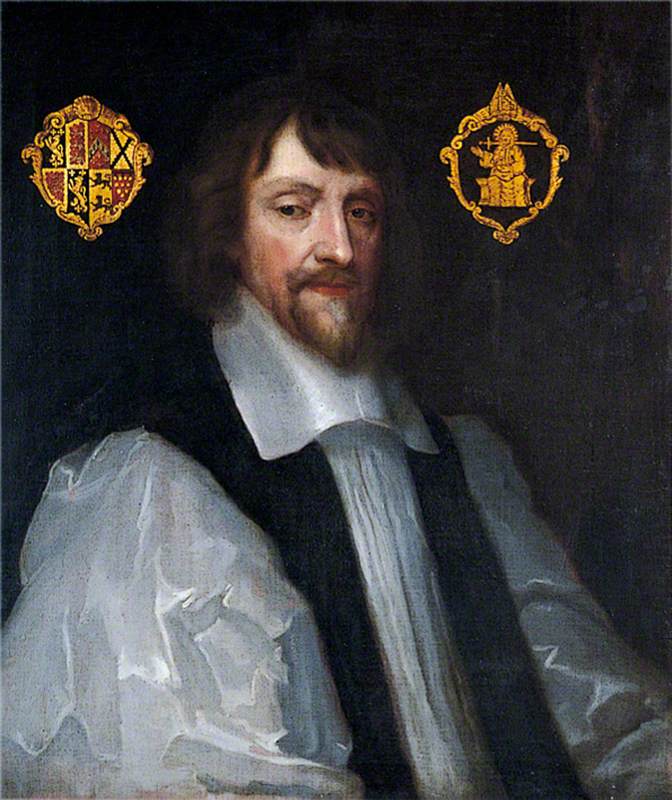You many be wondering what an exequy is - it's a funeral ode. This section is an excerpt from the longer poem.
Sleep on, my love, in thy cold bed,
Never to be disquieted!
My last goodnight! Thou wilt not wake
Till I thy fate shall overtake;
Till age, or grief, or sickness must
Marry my body to that dust
It so much loves, and fill the room
My heart keeps empty in thy tomb.
Stay for me there, I will not fail
To meet thee in that hollow vale.
And think not much of my delay;
I am already on the way,
And follow thee with all the speed
Desire can make, or sorrows breed.
Each minute is a short degree,
And every hour a step towards thee.
At night when I betake to rest,
Next morn I rise nearer my west
Of life, almost by eight hours’ sail,
Than when sleep breathed his drowsy gale.
Thus from the sun my bottom steers,
And my day’s compass downward bears;
Nor labour I to stem the tide
Through which to thee I swiftly glide.
‘Tis true, with shame and grief I yield,
Thou like the van first took’st the field,
And gotten hath the victory
In thus adventuring to die
Before me, whose more years might crave
A just precedence in the grave.
But hark! my pulse like a soft drum
Beats my approach, tells thee I come;
And slow howe’er my marches be,
I shall at last sit down by thee.
- Henry King (1592-1669)

Henry King held the position of Bishop of Chichester in a turbulent period of British history. "His poetry is a chronicle of eventful times. The public, political turmoil of the state was matched by private, personal turmoil for King. Most movingly, he suffered, and wrote about, the death of his young wife, Anne. [The poem was written in 1657.]
His loyalty to the king during the Civil War led to Parliament taking away his estates in 1643, but he lived to be reinstated at Chichester at the time of the Restoration." (via) He was a friend of John Donne.
I came across the poem in a short story, on a podcast. The story (The Surrogate) is by Tessa Hadley, and it's read on "The New Yorker: Fiction" podcast. Every month, a current writer (in this case, Curtis Sittenfield) chooses a story from the New Yorker's archive, reads it, and then chats with the magazine's literary editor about it, which can be very enlightening. Someone had a good idea when they set this up!
No comments:
Post a Comment